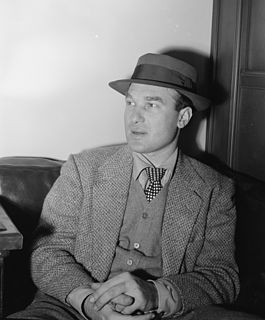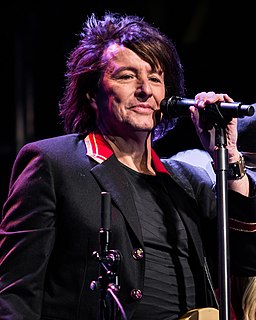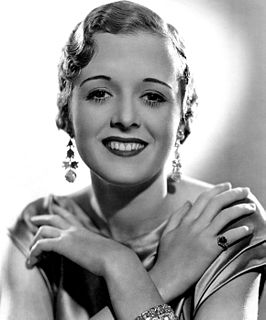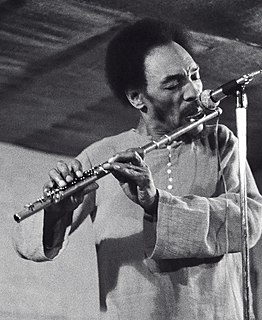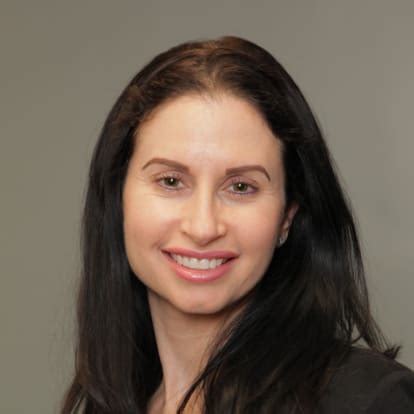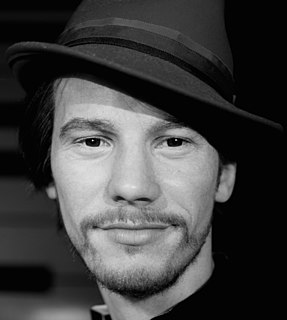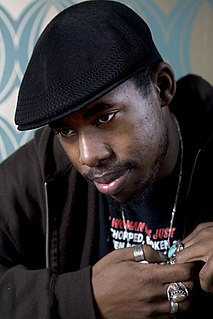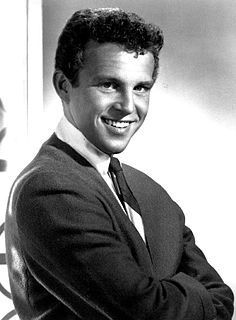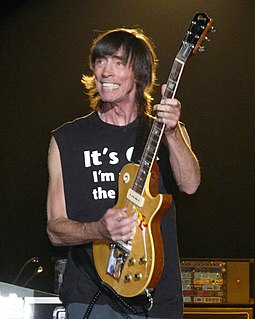A Quote by Norman Granz
Ellington is a writer and arranger, as well as a musician and leader. He does movie sound tracks.
Related Quotes
I didn't really think I would be a musician. I always thought I'd be a writer. I wanted to be a writer in college, but I thought I could be a better musician. I loved the process of writing music and lyrics more than I loved the process of sitting at my computer and writing. Because of that, I thought I would be a better musician than a writer.
You're limited to one image, but you can have 50 audio tracks. It's something you'd be foolish not to experiment with. So I'm also very interested in sound that happens offscreen. I think that's a way to expand the scope of the movie. And it's all very planned out from the script stage. For me, sound design is a major part of the narrative. I think that's what makes working with certain people on the producer level difficult.
For AERO, I wanted to revisit in 5.1 some existing tracks in order to give them that space I had imagined when I originally composed them, and also to compose some new tracks for this new technology. All of the existing tracks in AERO have been performed with the original instruments, re-recorded and spatially arranged/spatialised for this new dimensional sound experience without betraying their very essence.
